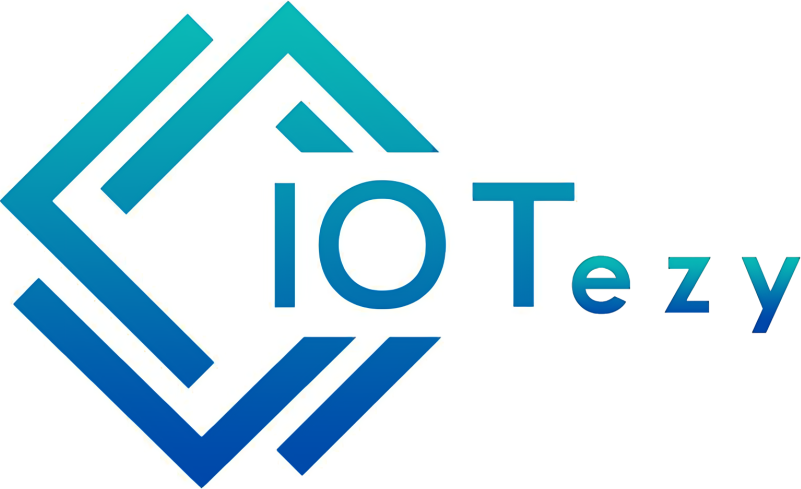Top 5 Industries That Rely on Temperature Monitoring Systems
In industries where environmental conditions directly impact safety, quality, and compliance, a temperature monitoring system isn’t just a convenience it is a business-critical asset. Whether for protecting vaccines from spoilage or ensuring food is safe to eat, real-time temperature monitoring helps companies avoid losses, maintain quality standards, and stay compliant.
Here are five industries where reliable temperature monitoring systems are absolutely essential and why.
1. Pharmaceutical & Life Sciences
In the pharmaceutical industry, maintaining a specific temperature range is vital to preserving the integrity and efficacy of drugs, vaccines, biologics, and lab samples. A fluctuation of just a few degrees can render medications useless.
Why It Matters:
- Compliance with Good Distribution Practice (GDP) and WHO guidelines
- Safe storage of temperature-sensitive vaccines (e.g. 2–8°C)
- Reliable data for audits and regulatory inspections
How Temperature Monitoring Systems Help:
- Remote access during transportation or storage
- 24/7 alerts for cold chain failures
- Tamper-proof logs for regulatory reporting
2. Food & Beverage
From processing plants to supermarkets, temperature directly impacts food safety. A reliable temperature monitoring system ensures that food is stored and transported at safe temperatures to prevent spoilage and bacteria growth.
Why It Matters:
- Required by HACCP, FDA, and other food safety regulations
- Spoilage can lead to recalls, waste, or consumer health risks
- Cold rooms, freezers, and transport vehicles all need oversight
How Temperature Monitoring Systems Help:
- Automated logs for compliance
- Alerts for fridge or freezer failure
- Real-time dashboards for warehouse and logistics teams

3. Cold Chain Logistics
Cold chain logistics companies transport perishable goods such as frozen food, pharmaceuticals, and chemicals across long distances. Without a robust temperature monitoring system, one equipment failure could lead to massive product loss.
Why It Matters:
- Visibility from origin to destination
- Maintaining consistent temperature during loading, transit, and delivery
- Increasing demand for last-mile cold chain visibility
How Temperature Monitoring Systems Help:
- Secure cloud-based data for all stakeholdersme.
- GPS and real-time temperature tracking
- Alerts for deviations in transit
4. Healthcare & Hospitals
In medical facilities, temperature control is critical for storing medications, blood products, vaccines, and lab samples. Even a short power outage or equipment failure can compromise patient safety.
Why It Matters:
- Protects lifesaving drugs and blood supplies
- Meets hospital accreditation and licensing standards
- Reduces risk of medication spoilage
How Temperature Monitoring Systems Help:
- Integration with hospital management systemsly system without compromising on the core goal: precise temperature monitoring.
- Backup alerts during power outages
- Continuous tracking of multiple storage units
5. Biotechnology & Research Labs
Biotech companies and research labs work with sensitive biological materials that must be stored in ultra-low temperature freezers or incubators. Data integrity and environmental stability are critical for reproducible results.
Why It Matters:
- Preserves cell cultures, DNA samples, reagents, and compounds
- Supports Good Laboratory Practices (GLP) and ISO compliance
- Avoids months or years of research being lost
How Temperature Monitoring Systems Help:
- Preventive maintenance through historical trend data
- Ultra-low temperature monitoring (e.g. -80°C freezers)
- Automated reporting for grant or audit documentation

Need a Smart Temperature Monitoring System for Your Business?
All in one solution at IOT-ezy

